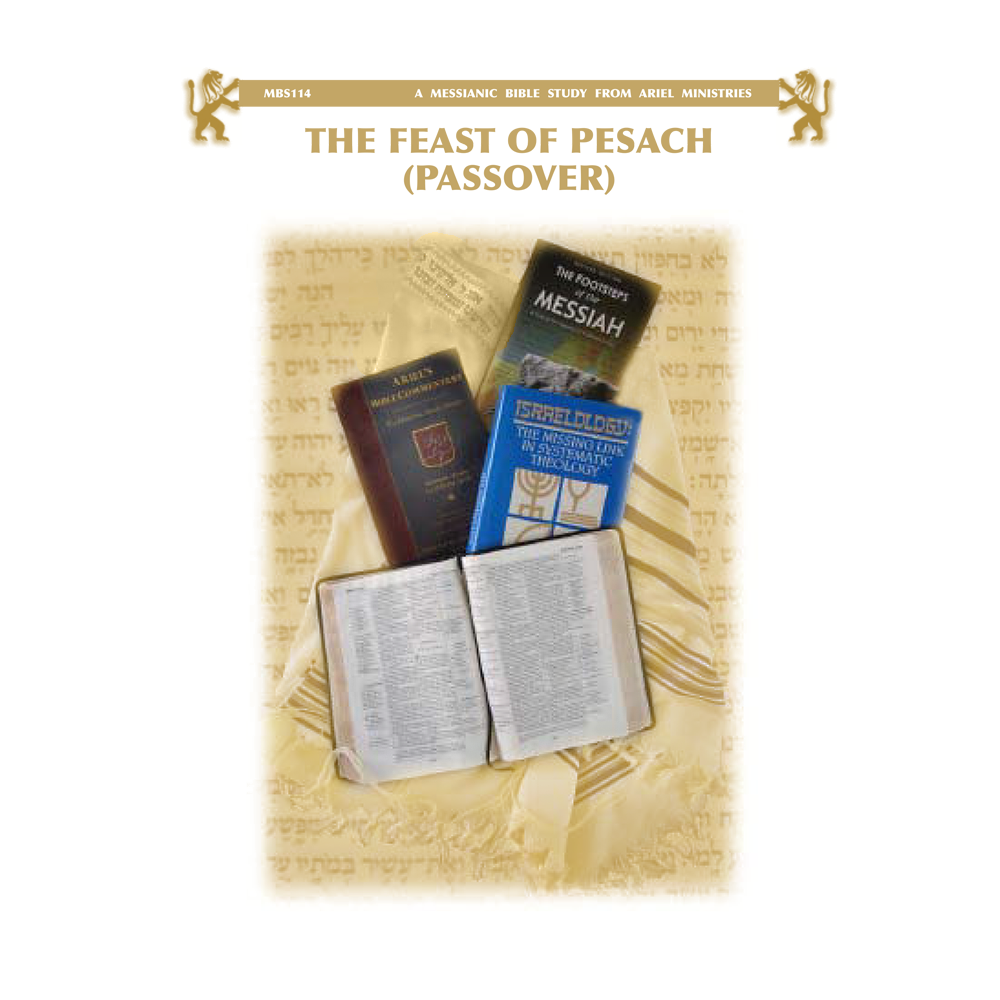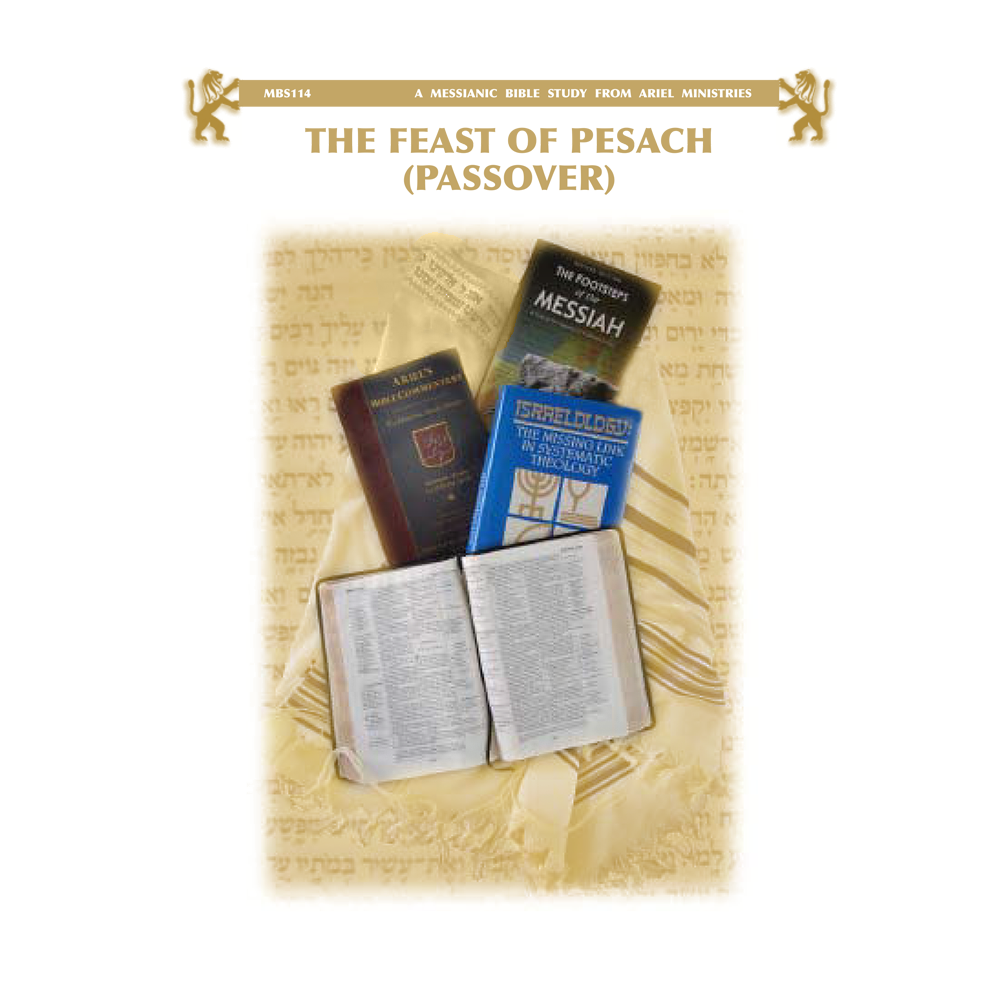DOUBTFUL THINGS
The fourth major category concerning “The Spiritual Life and Ethics” has to do with doubtful things. “How is the believer to deal with things where there is some doubt whether they are permitted or forbidden by Scripture?” This will be discussed in four areas.
A. Pleasure
The first area is pleasure. “Is pleasure right or wrong? is it okay for believers to have pleasure or is it wrong for believers to participate in pleasure? is pleasure sinful?”
Throughout church history, some circles have taught that believers should not have pleasure; that pleasure is sinful. They point to specific passages, which gave a negative connotation of pleasure; such as, Proverbs 21:17; Luke 8:14; 2 Timothy 3:4; and Titus 3:3. There is no question that these passages clearly mention pleasure in a context of sin where believers are told to refrain from being participants.
On the other hand, there are other passages of Scripture that encourage pleasure for believers. Although often ignored, there are a number of passages that talk about pleasure in a good sense, in a sense which believers should expect to enjoy. Some examples are 1 Kings 4:20; Psalm 16:11; 147:11; John 10:11; 15:11; Romans 15:13; and Philippians 2:13. These are passages that clearly give a positive side to pleasure.
So, can believers have pleasure or is it wrong for believers to have pleasure? How do we reconcile the verses that speak of it in terms of sin with passages that speak of it in terms of blessing and something believers can expect?
B. Nothing is Unclean
The second area, as was discussed earlier in this manuscript under the subject of legalism, is that nothing is unclean in itself.
For example, Paul wrote in Romans 14:14: I know, and am persuaded in the Lord Jesus, that nothing is unclean of itself: save that to him who accounts anything to be unclean, to him it is unclean.
Another passage along this line is 1 Timothy 4:4: For every creature of God is good, and nothing is to be rejected, if it be received with thanksgiving.
Another passages is Titus 1:15: To the pure all things are pure: but to them that are defiled and unbelieving nothing is pure; but both their mind and their conscience are defiled.
According to these three passages, nothing is unclean. However, something could become unclean if it is used wrongly. That is the way to reconcile the passages for and against pleasure. There are pleasures, which are sinful, and there are pleasures, which are not sinful. Even pleasures, which are not sinful in themselves, can still be used in a sinful way. Although nothing is unclean of itself, it could become evil in certain situations.
C. The Problem of the World
In the third area, however, there is still a problem. The problem is that there are admonitions against enjoying the world. 1 John 2:15 states: Love not the world, neither the things that are in the world. If any man love the world, the love of the Father is not in him.
This is a clear admonition against enjoying the world. How is that reconciled with the teaching that there are situations where the pleasures of the world are allowed for the believer? If nothing is unclean of itself, why, then, these admonitions against enjoying the world? The answer is simple. These admonitions refer to the misuse of pleasure, and the use of the external world. Pleasure can be used correctly or it can be used incorrectly.
The key to proper pleasure is to see all things as a gift from God and not to be misused (1 Tim. 4:4). Matthew 6:33 points out that priority must be given in seeking the Kingdom of God. Luke 12:15 points out that we are to avoid all covetousness. 1 Timothy 6:17 states that the wealthy are not to trust in their riches because all these things can come to naught. The key, then, is to see all things as a gift from God and not to be misused.
D. Questions to Ask
The fourth area concerns questions to ask. “When we are confronted with a doubtful thing, how should we respond?” Let me suggest six questions to ask.
The first question is, “Is it a weight or a hindrance (Heb. 12:1)? is it something that will weigh us down or keep us from growing in the spiritual life? is it something that will hinder us from running the race of the spiritual life?” If the answer is “yes,” refrain; if “no,” you are free to participate.
The second question is based upon 1 Corinthians 6:12. “Will it obtain control over my will? is it something that is habit-forming? is it something that, once I get into it, I will have a hard time stopping?” If it begins exercising control over your will, it means the Lord no longer controls your will and, therefore, you should abstain from it.
The third question is based upon Romans 14:23. “Is there a question about it in my mind? do I feel totally comfortable about participating in such?” If the answer is “yes,” you are free; if the answer is “no,” refrain.
The fourth question is based upon 1 Corinthians 8:13. “Will it cause a brother to stumble?” We have seen that the Bible clearly forbids believers to cause weaker brethren to stumble. So, will it cause a brother to stumble? If the answer is “no,” you are free; if the answer is “yes,” refrain.
The fifth question is based upon Colossians 4:5, “Will it win or lose a person to the Lord?” Again, if the answer is “yes” or “no” you are to act accordingly.
The sixth question is based upon 1 Corinthians 10:31, “Will it glorify God?” If the answer is “no,” refrain; if the answer is “yes,” you are free to participate.
Excerpt from Dr Arnold Fruchtenbaum:
MBS141 THE SPIRITUAL LIFE AND ETHICS: Pg 28-30








